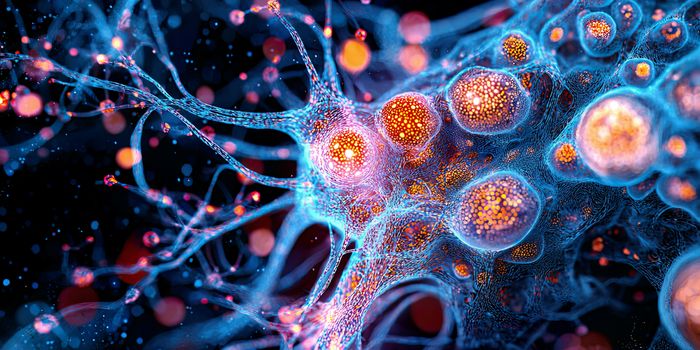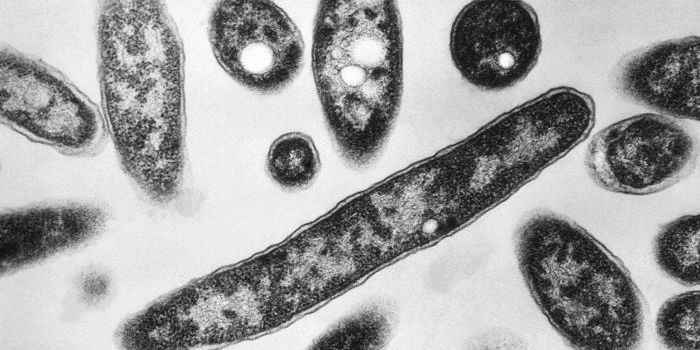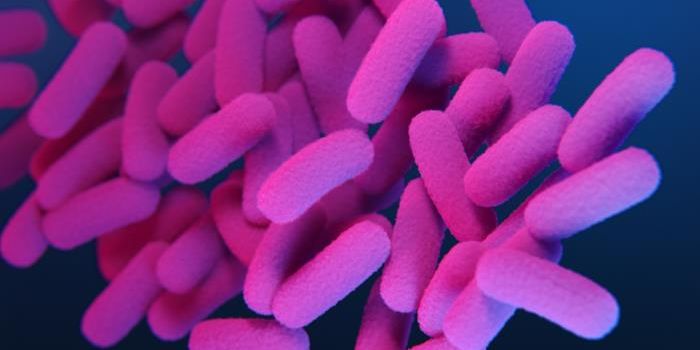How a Bacterial Molecule Turns Plants to 'Zombies'
Some parasites are known to turn their hosts into mindless servants, or zombies, that only function to serve the parasite. Now researchers have discovered a molecule that parasitic bacteria called Phytoplasma produce, which can take over a plant. The molecule, called SAP05, causes plants to reprogram their development; SAP05 disrupts important biological controls, and the growth of the plant becomes abnormal. While we've long known about zombie parasites, this work has revealed more about the biological mechanism underlying this strange process. The findings have been reported in Cell, and they could also help researchers find new ways to stop plant disease.
Bacteria in the Phytoplasma family are known to take over their hosts. Some can cause plant branches to grow too close together. These abnormal, bushy growths form when the plant gets stuck in a kind of zombie state, in which it can no longer reproduce, but behaves as it would when young. Phytoplasma bacteria are known to cause diseases that can lead to serious losses in crops like cereals, carrots, and lettuce.
"Phytoplasmas are a spectacular example of how the reach of genes can extend beyond the organisms to impact surrounding environments," said corresponding study author Professor Saskia Hogenhout of the John Innes Centre. "Our findings cast new light on a molecular mechanism behind this extended phenotype in a way that could help solve a major problem for food production. We highlight a promising strategy for engineering plants to achieve a level of durable resistance of crops to phytoplasmas."
SAP05 seems to work by hijacking a piece of cellular machinery called the proteasome, which normally breaks down proteins that aren't needed in the cell. Those proteins are tagged with a molecule known as ubiquitin, which signals to the proteasome to recycle the protein. When SAP05 takes over, the proteins that plants make to regulate development and growth get tossed into that recycling center, and the proteasome destroys them. SAP05 also attaches directly to the growth proteins, and they are not tagged with ubiquitin. Thus, the plant's growth begins to help the bacteria, the plant stops aging, and keeps growing multiple shoots.
The research also showed that these mechanisms only happen in plants, not insects. Additionally, when two amino acids are changed in the plant growth molecules, SAP05 no longer has the same effect, and the abnormal growth stops. So, that could be a way to genetically engineer crops that are resistant to the effects of Phytoplasmas and SAP05.
Sources: John Innes Center, Cell









